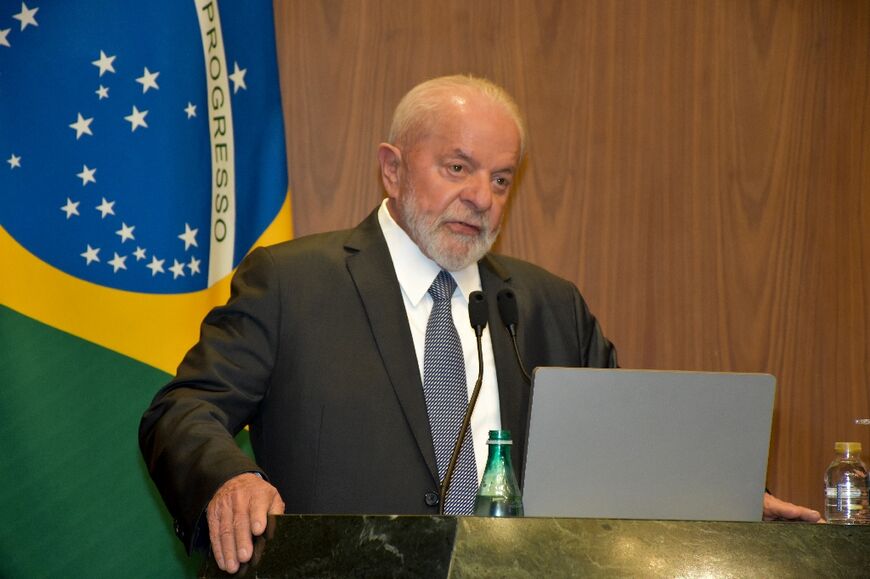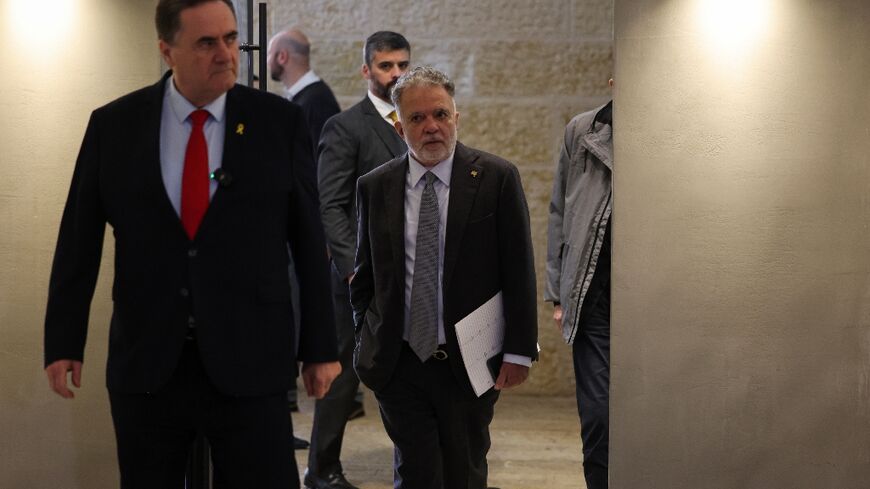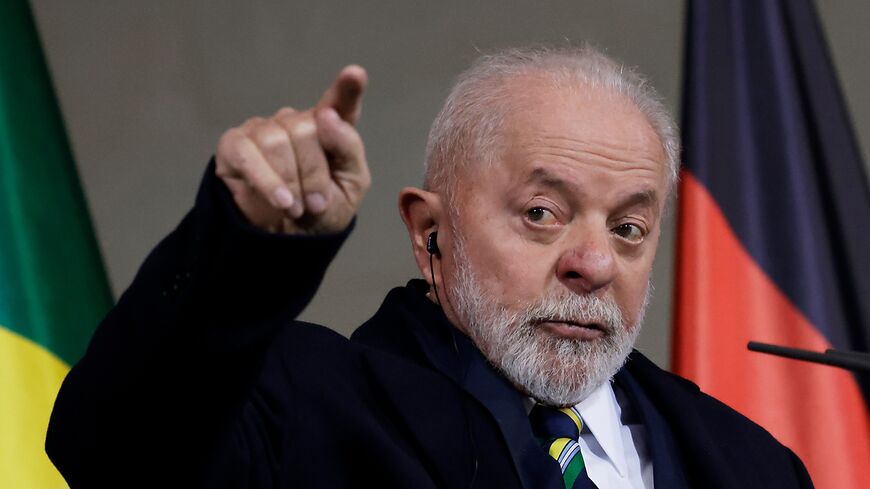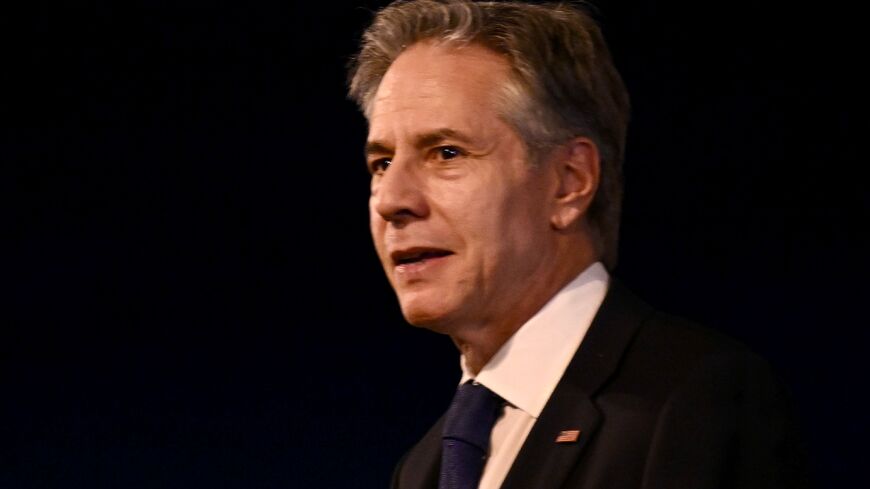Blinken to pay first trips to Brazil, Argentina as Lula leads G20

US Secretary of State Antony Blinken next week pays his first official visits to Brazil and Argentina, the State Department said Friday, as he looks for common ground with the Latin American powers' independent-minded leaders.
Blinken will hold talks with President Luiz Inacio Lula da Silva in Brasilia and President Javier Milei in Buenos Aires and also take part in a Group of 20 meeting of foreign ministers in Rio de Janeiro where he could have rare in-person interaction with his Russian counterpart.
For the globe-trotting top US diplomat, it has been a striking absence to go more than three years into his tenure without visiting Brazil, the Western Hemisphere's most populous country after the United States.
But Brazil was led until early 2023 by far-right Jair Bolsonaro, one of the closest international allies of Donald Trump.
Leftist icon Lula soon after returning to power last year headed to Washington for talks with President Joe Biden, with the two veteran politicians prioritizing action on climate change, labor rights and democratic values at home.
However Lula, previously present from 2003 through 2010, has a strong independent streak and has distanced himself from Biden's push to isolate Russia over its invasion of Ukraine.
Bruna Santos, director of the Wilson Center's Brazil Institute, said the Biden team has come to understand from Lula's first year that "they can be good friends, allies sometimes, but not allies at other times."
She said that while the United States accepts Brazil's stance on Ukraine, Lula has been strikingly silent on Venezuela, where leftist leader Nicolas Maduro's refusal to allow opposition election candidates has triggered a snapback of some US sanctions.
Many Brazilians feel the Biden administration has less interest in Latin America, especially with its focus on Ukraine and the Middle East, she said.
"There is the sense that the relationship doesn't live up to its potential and it's not being treated as a priority," she said.
- Different postures on Venezuela -
Lula has sought to maintain dialogue with Maduro, while Milei, like Bolsonaro, has focused on pressuring the leader of Venezuela where an economic implosion has sent millions fleeing.
Brian Nichols, the top US diplomat for Latin America, said Blinken would raise "efforts to promote democracy, rule of law and respect for human rights" across the Western Hemisphere.
Brazil has "important ties and connections to the Maduro authorities and is able to deliver key messages to them," Nichols told reporters.
Lula earlier promised Russian President Vladimir Putin, facing an International Criminal Court arrest warrant, that he would be safe if he visited Rio for the G20 summit in November, although he later backtracked and said it would be up to Brazil's judiciary.
Putin did not visit last year's G20 summit in New Delhi, even though India, unlike Brazil, is not part of the Hague-based court.
At the last G20 foreign ministers' meeting in New Delhi in March 2023, Blinken held his only one-on-one in-person meeting, albeit briefly, with Russian Foreign Minister Sergei Lavrov since the Ukraine invasion.
Milei, who took office in December, has drawn parallels of his own to Trump with his abrasive style and anti-establishment comments and plans to come to Washington for a conservative convention alongside Trump days after seeing Blinken.
The Biden administration has nonetheless voiced a readiness to work with Milei, seeing the Argentine leader as idiosyncratic but tackling real economic concerns.
Nichols indicated the United States would encourage Milei to go ahead with US rather than Chinese warplanes for a planned air force upgrade.
"Our view is that we want to be Argentina's partner of choice," Nichols said.
Blinken, who has made five trips to the Middle East since the Israel-Hamas war, will also find a rare enthusiastic backer of Israel in the Argentine leader.
Milei visited Israel this month on his first state visit and has promised to move Argentina's embassy to Jerusalem, a step taken only by the United States and four small countries.






